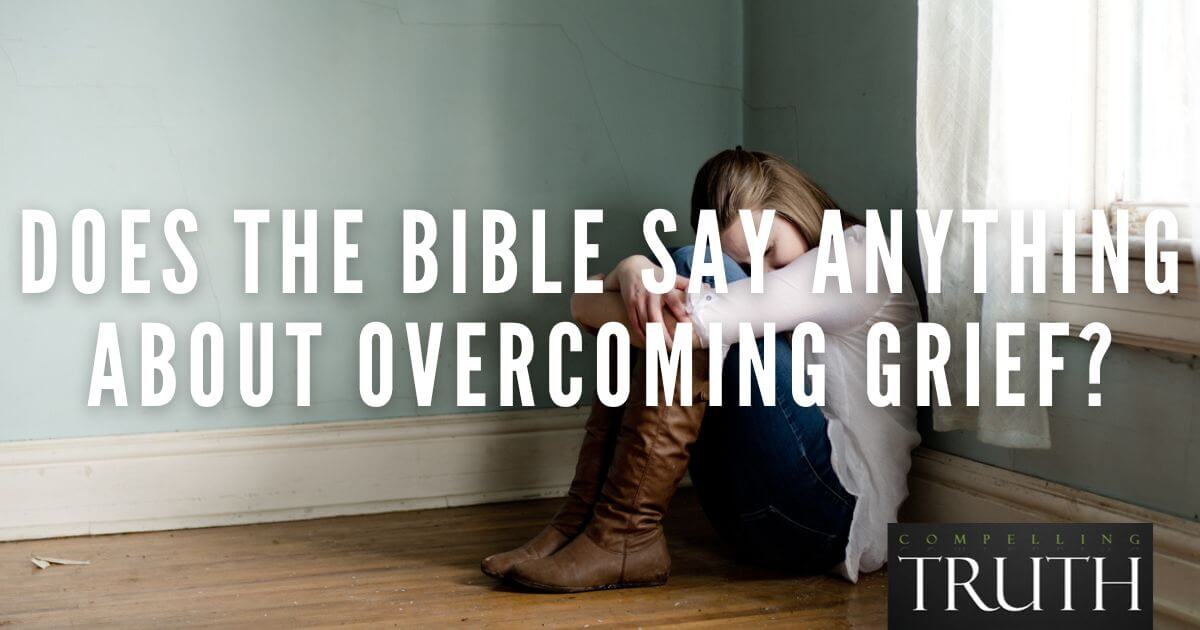Jeremiah was a prophet to the leaders of Judah leading up to, during, and after the Babylonian conquest of Judah and Jerusalem. Thus, his prophecies were often dire, foretelling the destruction that was to come. After the fall of Jerusalem, Jeremiah composed poems of lament now preserved in the scroll of Lamentations. Knowing ahead of time the suffering that was to come, and then watching those predictions come to fruition before his eyes, drove the prophet to tears. This weeping is recorded both in the book of Jeremiah and in Lamentations. Thus Jeremiah is often referred to as the "weeping prophet."
Jeremiah knew how to weep over bad news, lament the reality of suffering around him, and yet cling to hope in God's promises and hold fast to faith in God's steadfast love. Jesus wept at people's suffering while trusting God's plan to restore when He wept at Lazarus's tomb before raising him from the dead (John 11:35). Our sadness at sin or circumstances can turn to joy as we trust in God’s promises and character. John 16:20 shows the encouragement Jesus gave His disciples as they prepared to mourn His death: “Truly, truly, I say to you, you will weep and lament, but the world will rejoice. You will be sorrowful, but your sorrow will turn into joy.” Jesus told them of things to come so they would be prepared emotionally and have hope to trust in Him through it.
Being known as the weeping prophet shows Jeremiah's compassion for his fellows and foreshadows the compassionate weeping Jesus would also display. Ephesians 4:32 calls us to have this same compassion on others: “Be kind to one another, tenderhearted, forgiving one another, as God in Christ forgave you.” Our weeping at sin or circumstances can be used to express compassion to others and to grow our steadfast love and faith in God, just as Jeremiah did in his time of weeping.




